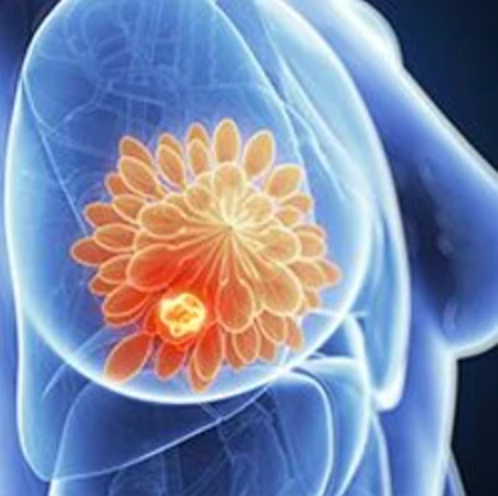Video
Dr. O'Regan Discusses the Future of Treatment in HER2+ Breast Cancer
Author(s):
Ruth O’Regan, MD, division head of Hematology and Oncology in the Department of Medicine at the University of Wisconsin School of Medicine and Public Health, discusses the potential of future treatments for patients with HER2-positive breast cancer.
Ruth O’Regan, MD, division head of Hematology and Oncology in the Department of Medicine at the University of Wisconsin School of Medicine and Public Health, discusses the potential of future treatments for patients with HER2-positive breast cancer.
Checkpoint inhibitors are garnering a lot of interest in HER2-positive breast cancer, specifically in the estrogen receptor (ER)-negative population, says O’Regan.
ER-positive/HER2-positive cancers are very heterogeneous, some of which have a luminal A phenotype. O’Regan says that there might be promise in treating these patients with HER2-targeted therapy, instead of chemotherapy.









